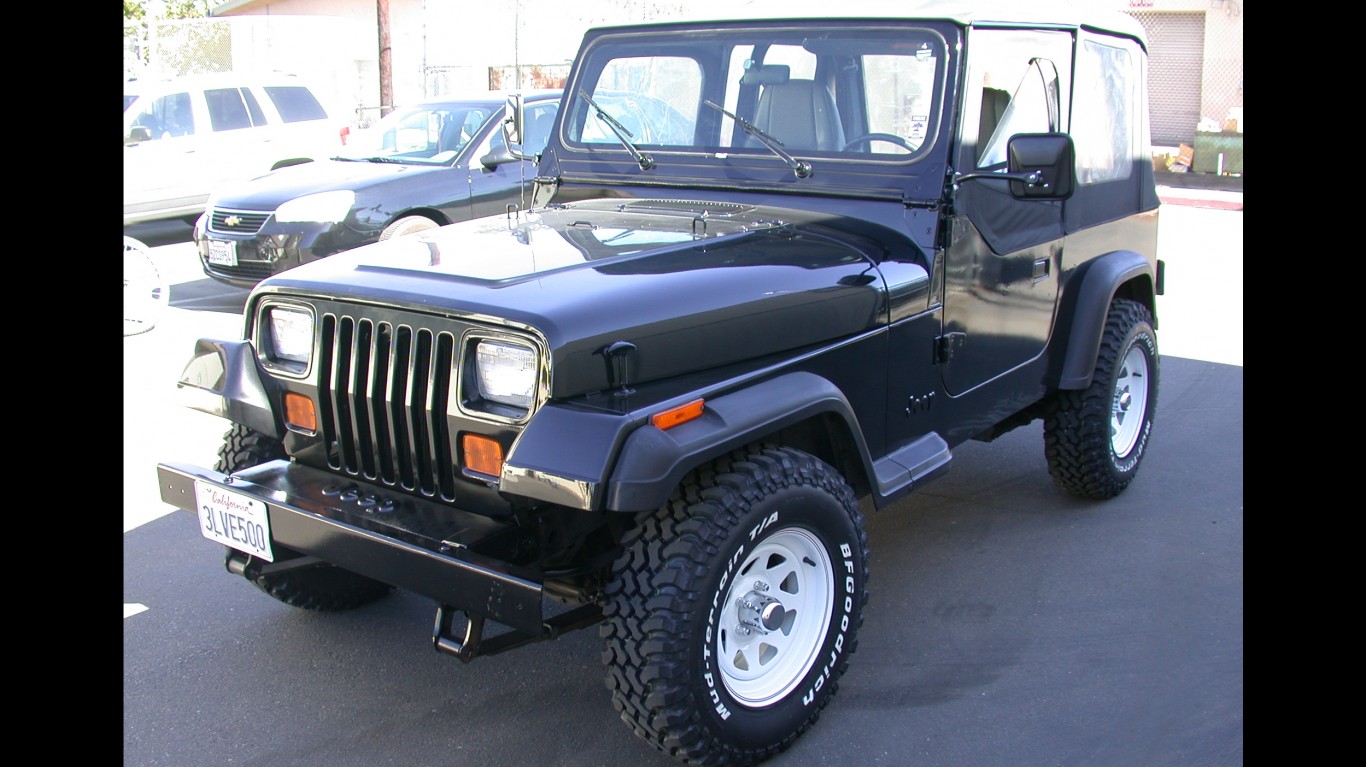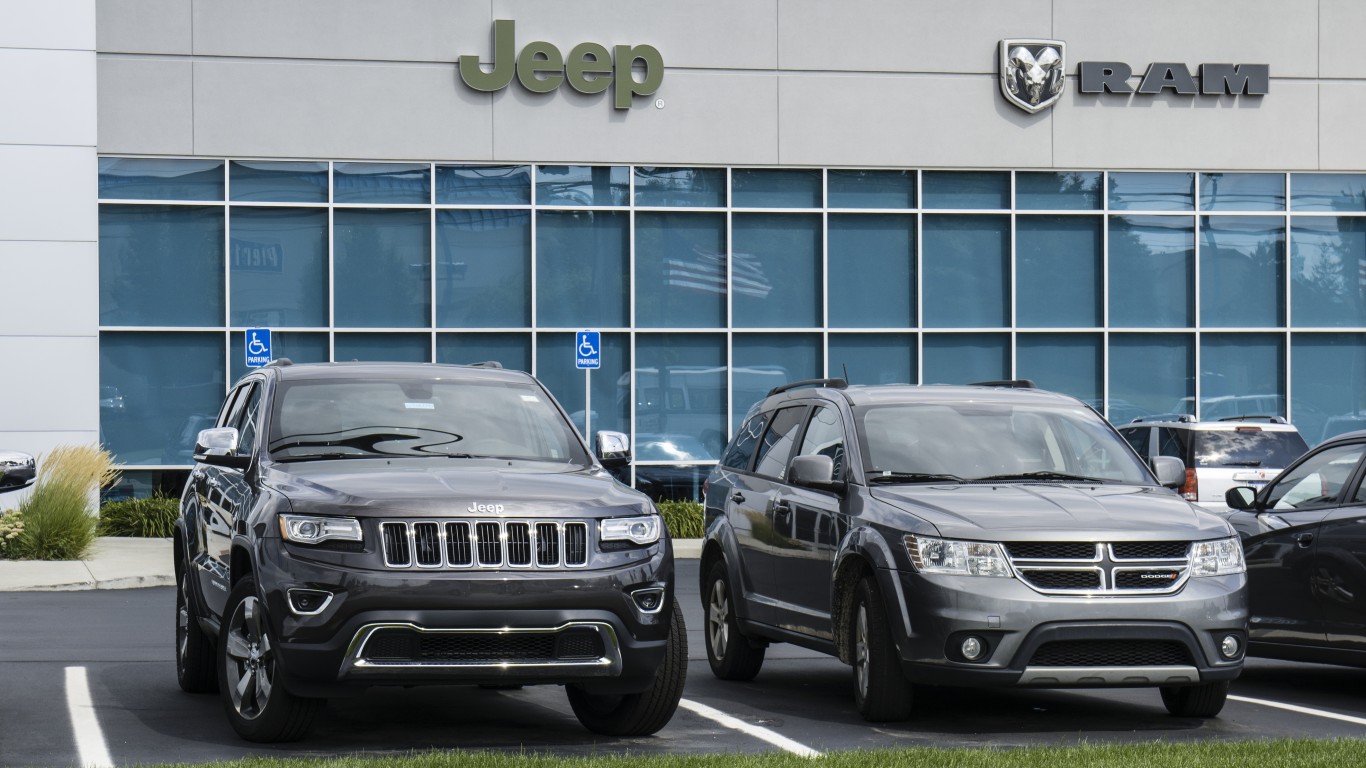
Few vehicles are as iconic or instantly recognizable as a Jeep. These vehicles are known for their big, boxy frames and off-road capabilities. With high ratings for safety and performance, Jeeps have a devoted fan base of drivers.
America’s love affair with Jeeps dates back more than 75 years. Throughout the many generations and iterations of Jeep vehicles, a handful of models stand out as especially groundbreaking and memorable.
To determine the most iconic Jeeps ever made, 24/7 Tempo consulted lists, ratings, and reviews from websites including SlashGear and HotCars. Vehicles made by Willys-Overland Motors prior to the Jeep trademark established in 1950 have been included.
Click here to see the most iconic jeeps ever made.
Jeeps throughout the years have pushed automotive technology and design forward. Many of the cars on this list added in new features designed to make driving safer, easier and more comfortable. (These are the best and worst things about owning a Jeep.)
Jeep’s legacy of ruggedness and durability stem from its original role – fighting in World War II. The precursors to jeeps were 4×4 vehicles used by U.S. forces in the European Theater for combat, ambulances, transport, and a variety of other tasks. After GIs returned home from the war, many wanted a “GP” for their civilian life. (These are the popular products you never knew were invented by the military.)
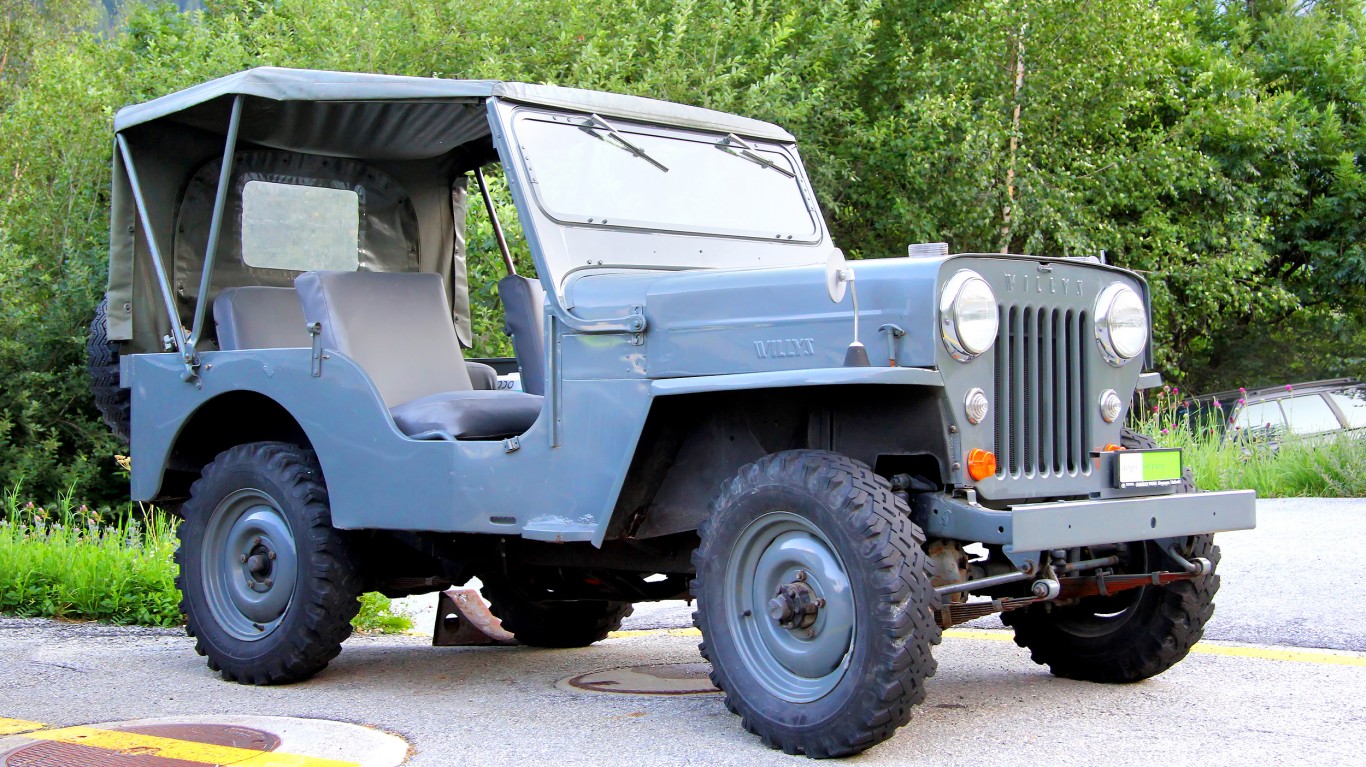
Willys MB
> Years: 1941-1945
When the U.S. Army needed vehicles for World War II, the Willys-Overland car company created the multi-purpose 4×4 Willys MB. The rugged, versatile cars were useful in combat, patrols, travel, and many other roles in the European Theater. Though the origin of the name “Jeep” is unconfirmed, it may have come from the slang acronym “GP,” meaning “general purpose” – though the term may also have been influenced by a character called Eugene the Jeep, appearing in “Popeye” comics in the 1930s.
[in-text-ad]
CJ-2A
> Years: 1945-1949
The first civilian Jeep was the CJ-2A. Introduced in 1945, it appealed to many veterans – especially farmers – who had driven a Jeep during World War II and were anxious to get their hands on the vehicles once they got back home. Marketed as “The All-Around Farm Work-Horse,” the CJ-2A was in production until 1949.
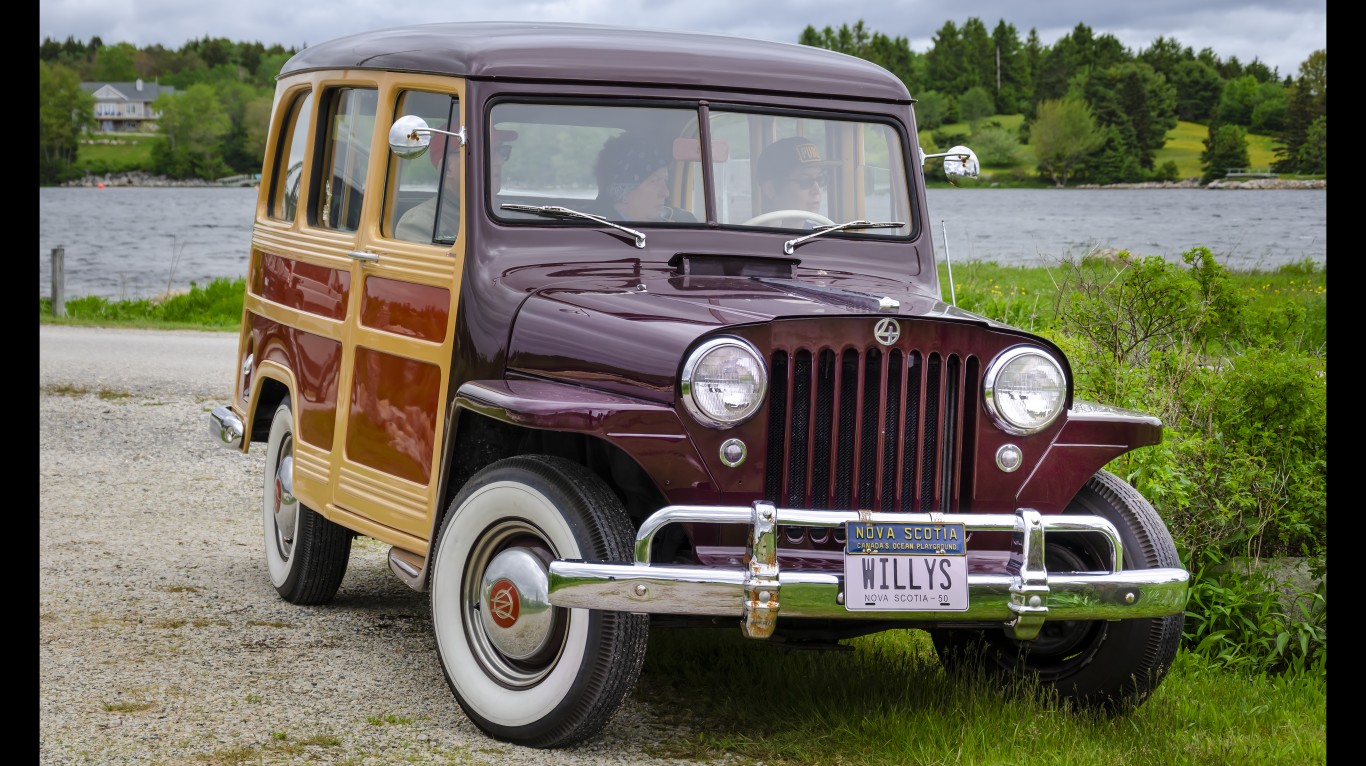
Willys Wagon
> Years: 1946-1965
Willys Wagon was a steel station wagon from Jeep’s precursor brand Willys-Overland. The wagon had a nearly 20-year production run from 1946 to 1965, making it one of the longest-running vehicles of the era. The vehicle added a fold-down tailgate hatch that is now a familiar feature on many modern cars.
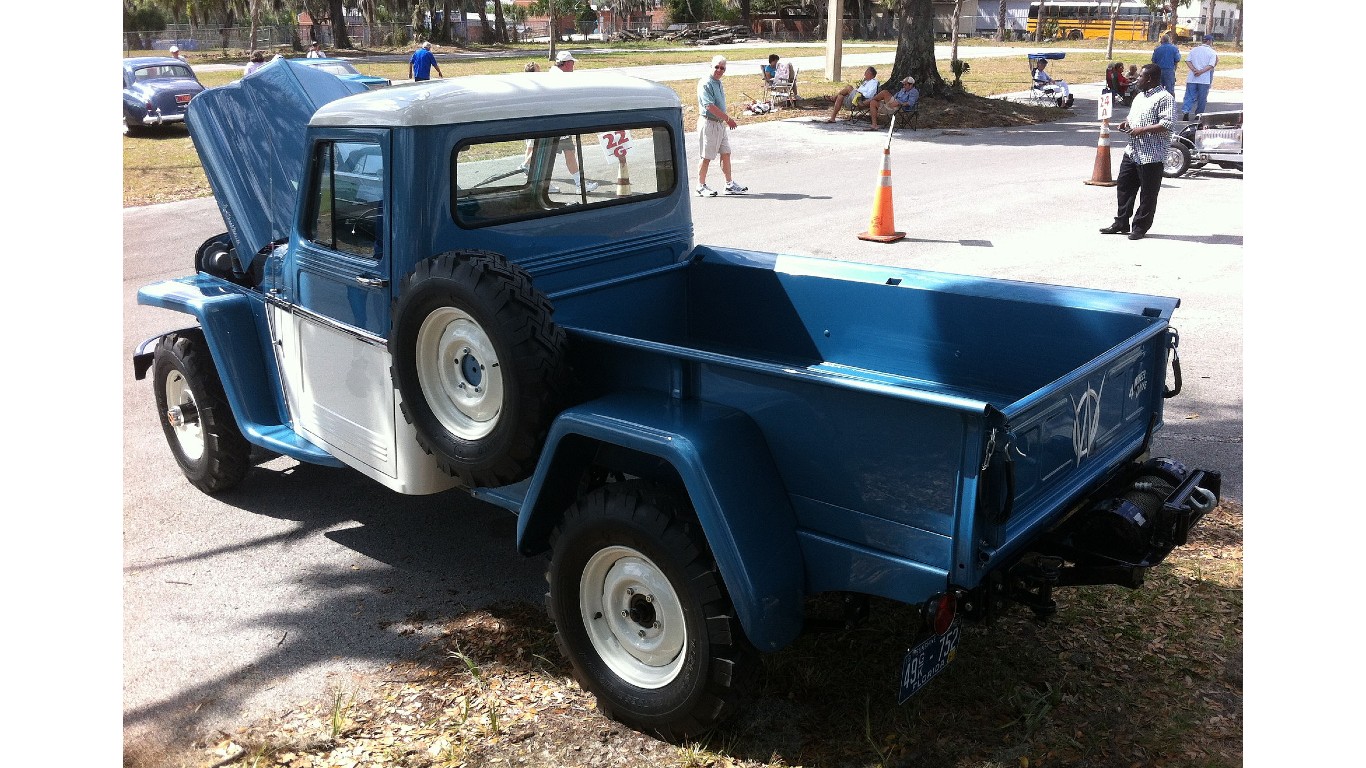
Willys-Overland Truck
> Years: 1947-1965
The Willys Overland Truck marked the first time that the company diversified its offerings. The versatile truck was a higher wheelbase vehicle that was available in two- and four-wheel-drive. The Truck was produced until 1965, when it was replaced by the Jeep Gladiator.
[in-text-ad-2]
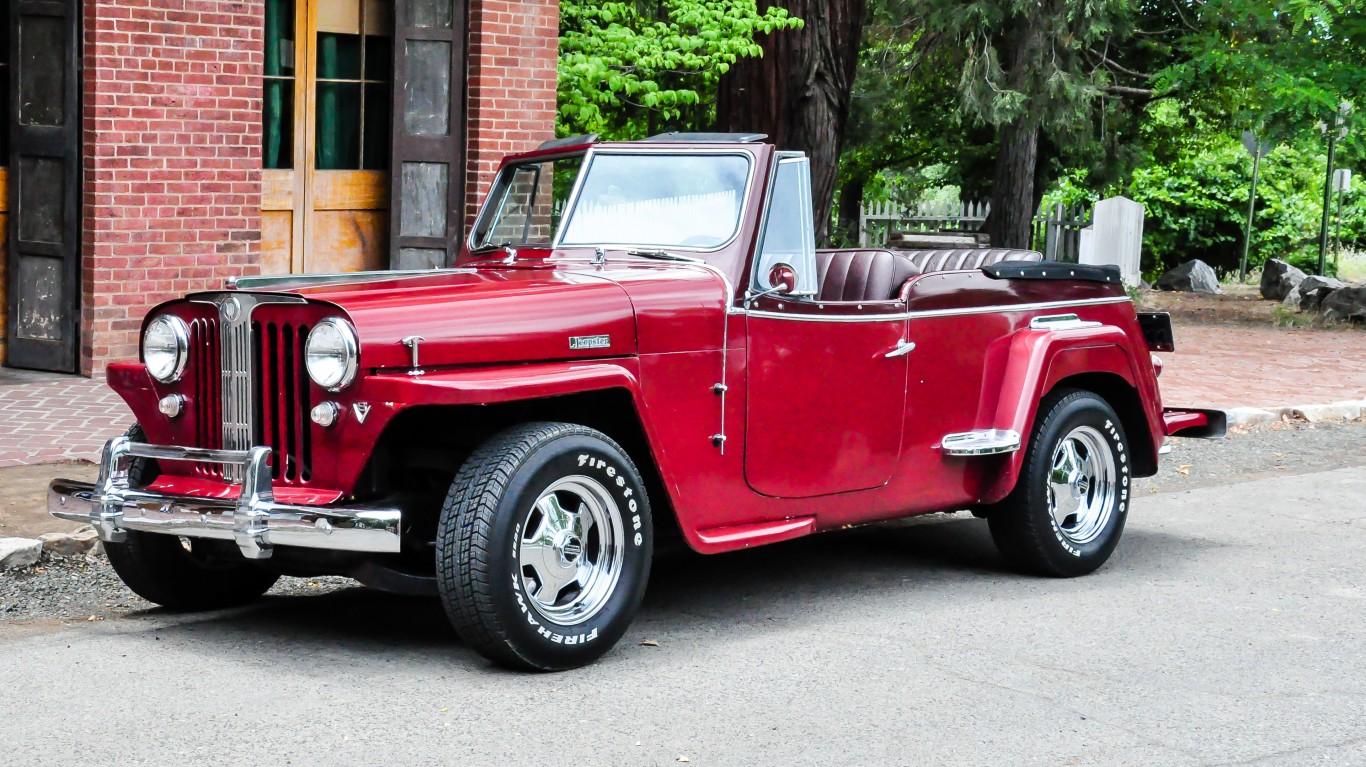
Jeepster VJ
> Years: 1948-1951
The Jeepster VJ was Jeep’s first foray into the luxury auto market. The production run was relatively short-lived, lasting only from 1948 to 1951. It was one of the pricier vehicles on the market at the time, and many drivers used it as a secondary car as it lacked the rugged capabilities of previous models.
CJ-5
> Years: 1955-1983
Much like the original Willys MB, the CJ-5 was also a civilian Jeep based on a military design. The CJ-5’s rounder body was inspired by the M-38A1 vehicles used in the Korean War. The company made CJ-5s until 1983; its 28-year production run is the longest of any Jeep vehicle in history. It was also one of the first civilian vehicles to carry the Jeep branding, as Willys Motors had trademarked “Jeep” in 1950.
[in-text-ad]
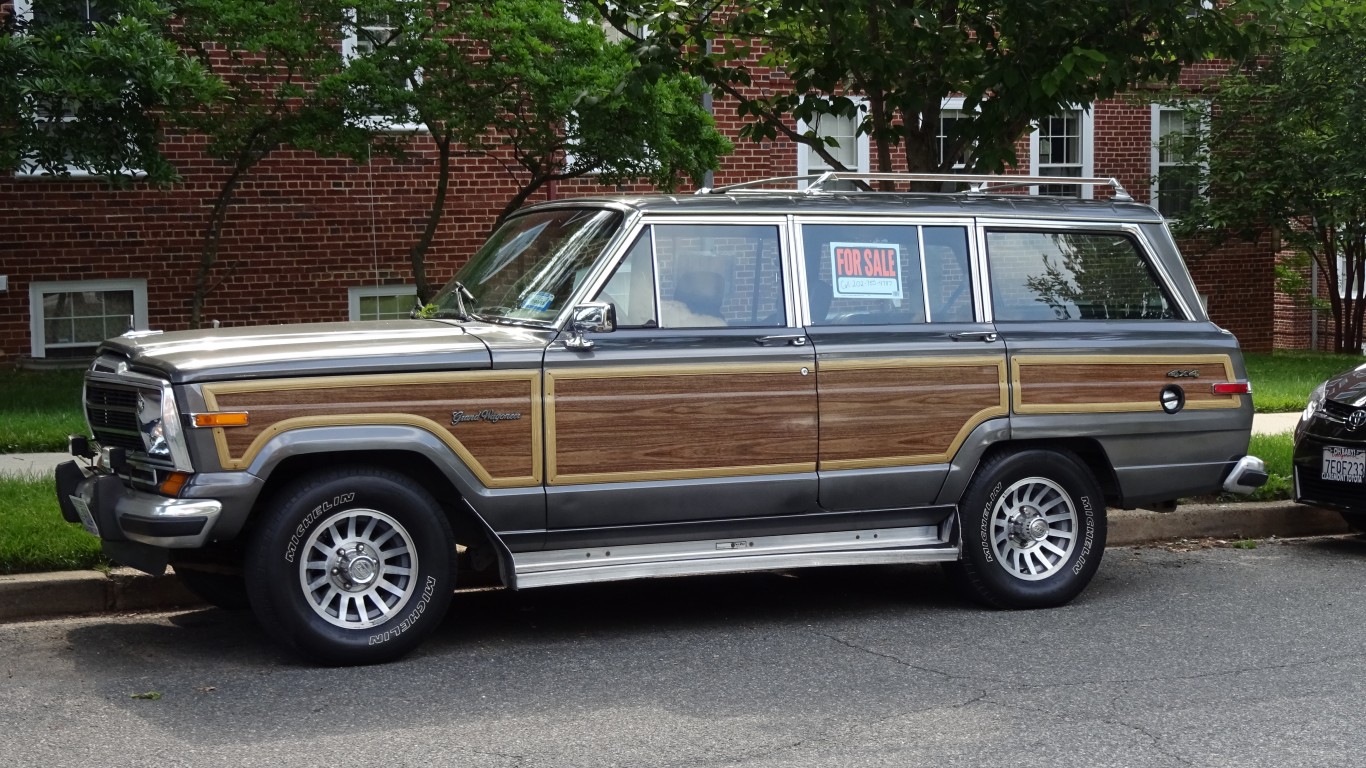
Wagoneer
> Years: 1963-1991
The Jeep Wagoneer is touted as one of the first luxury 4×4 SUVs, rolling off production lines for the first time in 1963. It featured the first automatic transmission in a 4×4 vehicle and an independent front suspension. The Wagoneer was briefly renamed the Grand Wagoneer in 1984, but kept many of the same features and design elements.
Gladiator J Series Truck
> Years: 1963-1987
Jeep also introduced the Gladiator J Series Truck for the 1963 model year. Though the vehicles had the same platform and front end styling as the Wagoneer, it was a full-sized truck. Jeep offered the truck with multiple different options for configurations and sizes.
Jeepster Commando
> Years: 1967-1973
The Jeepster Commando was introduced in 1967 in an attempt to capitalize on the growing leisure vehicle market, aiming to compete with familiar 4x4s like the Ford Bronco and Land Cruiser.
[in-text-ad-2]
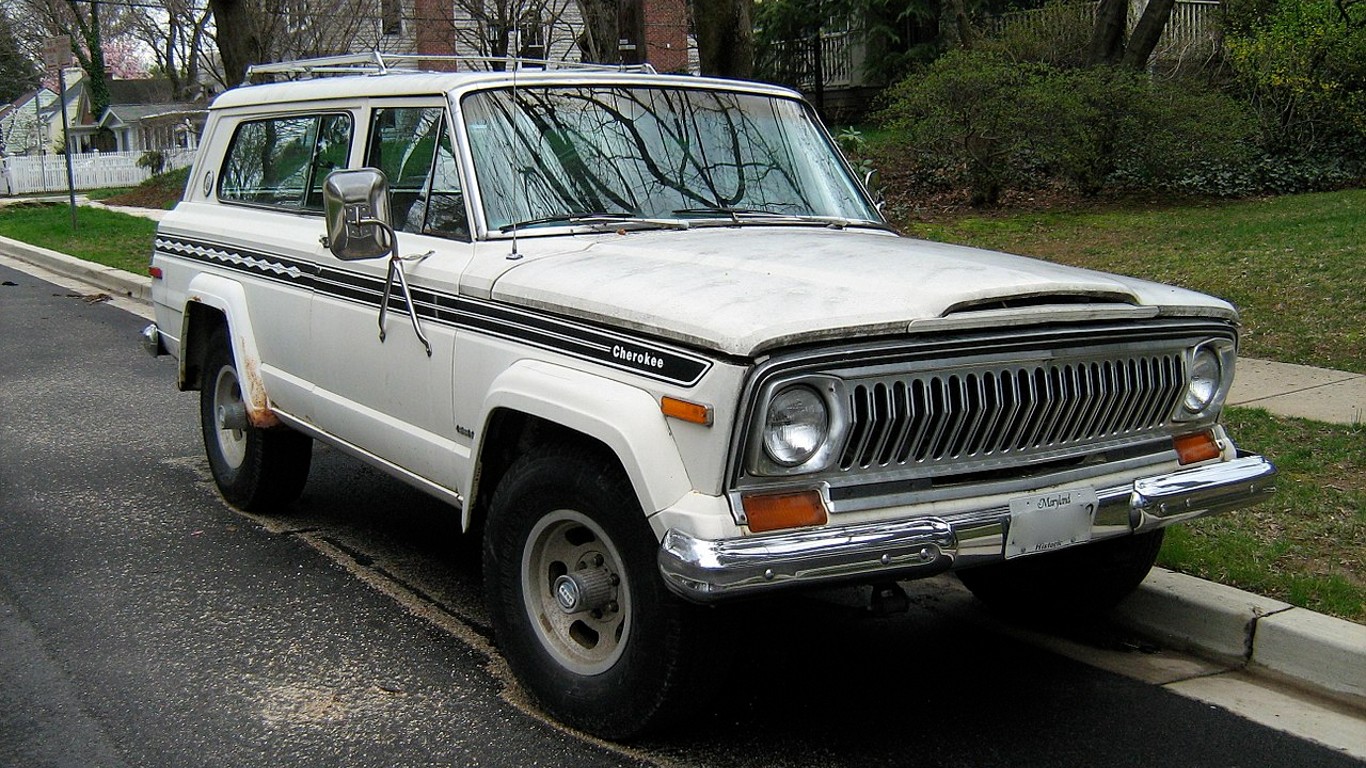
Cherokee
> Years: 1975-1983
In the mid-1970s, Jeep rolled out its Cherokee model, a two-door SUV. Instead of families, this SUV was designed for younger drivers. The Cherokee offered 10 different trim levels, and eventually added a four-door version. The SJ generation lasted until 1983.
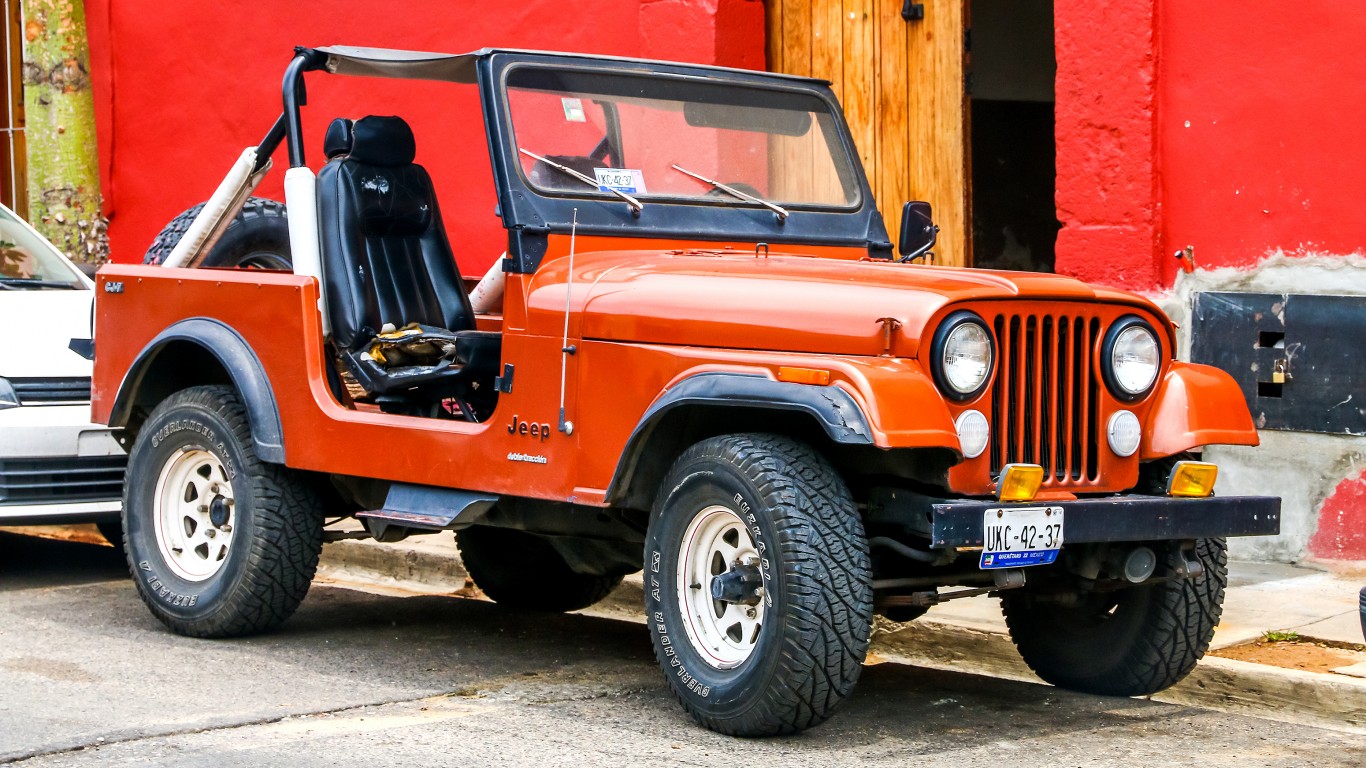
CJ-7
> Years: 1976-1986
The CJ-7 was the seventh generation of the original vehicle that came to define Jeep. It was also the first time in two decades that Jeep updated its design, adding a longer wheelbase and adding in the familiar squared doors that are still featured on some Jeep vehicles.
[in-text-ad]
CJ-8 Scrambler
> Years: 1981-1985
Jeep introduced the CJ-8 Scrambler in 1981 to replace the CJ-6. The small truck offered both soft top and hardtop options. The Scrambler became a 1980s icon, with even President Ronald Reagan seen driving one in his California ranch.
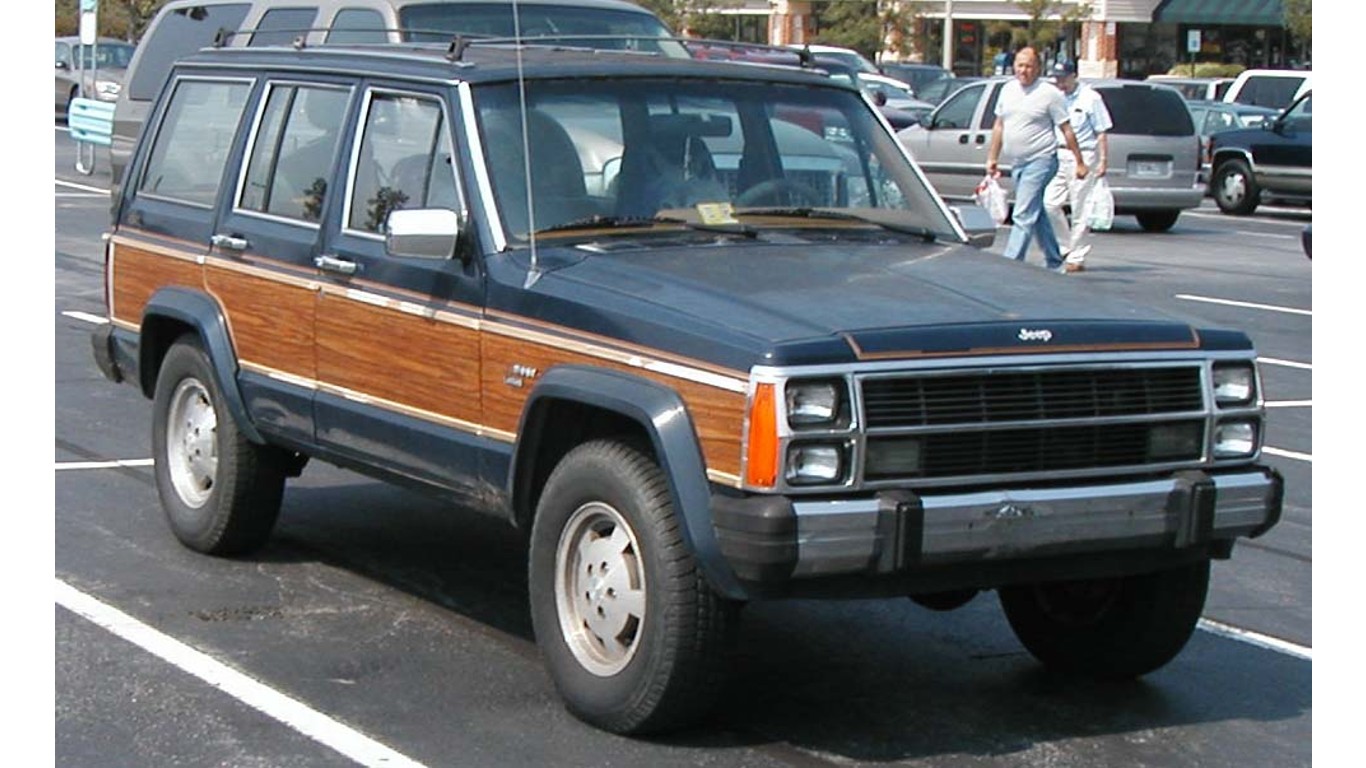
Cherokee XJ
> Years: 1984-2001
The Cherokee XJ followed up the original Cherokee model which ran from 1975-1983. The XJ was developed amid an oil embargo when Jeep and many other automakers focused on smaller, more fuel efficient cars. The Cherokee went from a full-sized SUV to a compact crossover, setting a trend many other car makers would follow.
Wrangler YJ
> Years: 1987-1996
The Wrangler YJ combined many elements from previous successful Jeep vehicles – the open body of the CJ-7 but with more mechanical similarities to the Cherokee. The YJ generation of Wranglers was one of the last Jeeps ever introduced by AMC, Jeep’s former parent company. About a year after announcing the Wrangler YJ, Chrysler acquired AMC and its Jeep imprint.
[in-text-ad-2]
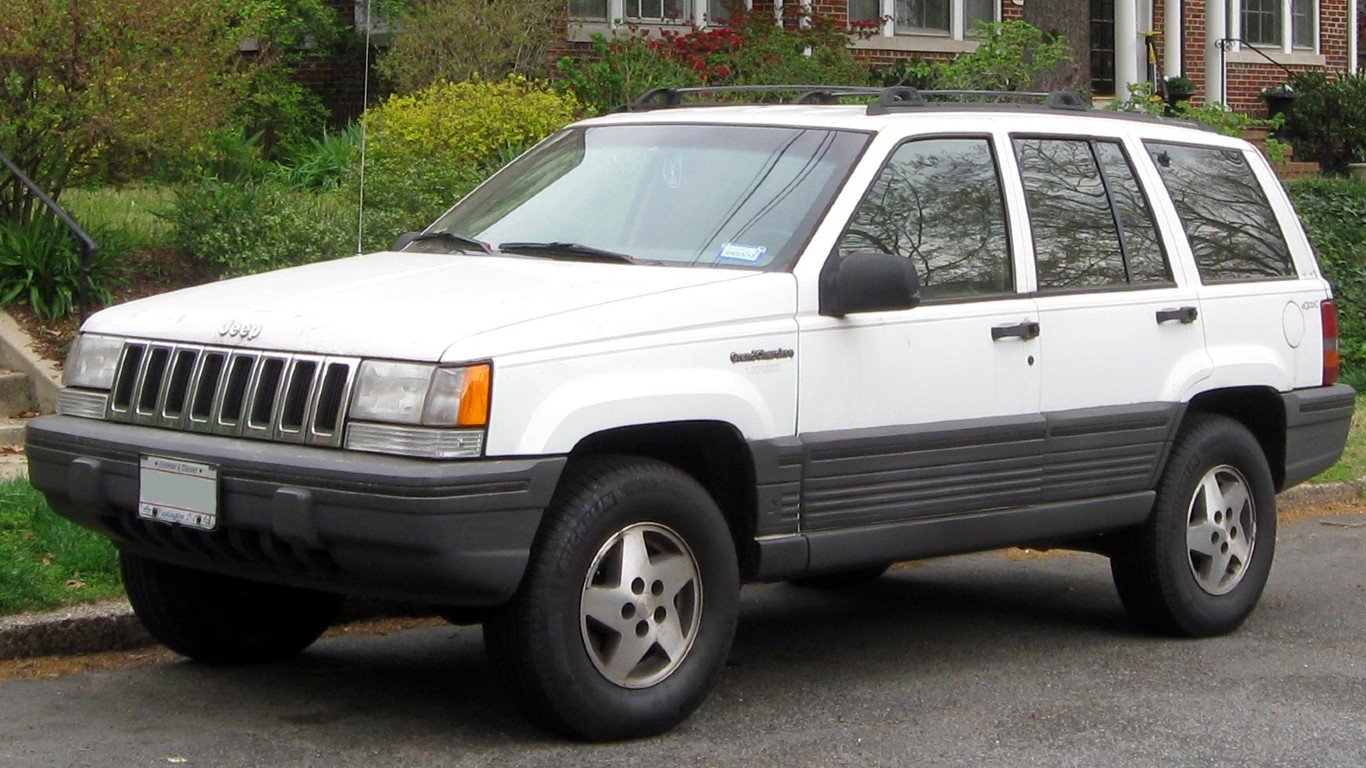
Grand Cherokee ZJ
> Years: 1993-1995
Jeep rolled out its first Grand Cherokee generation, known as ZJ, for the 1993 model year. Arguably one of Jeep’s first modern cars, the Grand Cherokee ZJ contained new features like keyless entry, digital climate settings, and driver’s-side airbags.
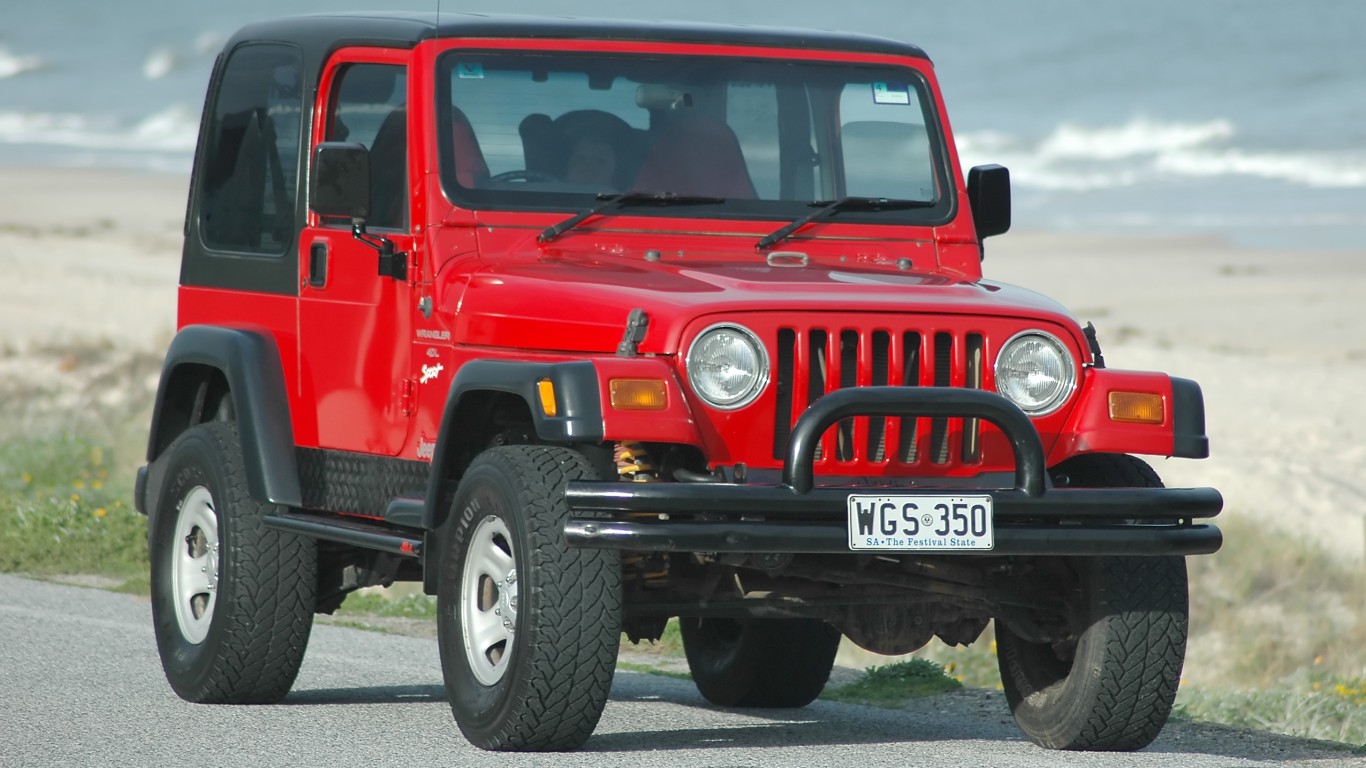
Wrangler TJ
> Years: 1997-2006
The Wrangler underwent an extensive redesign for its TJ generation, which began in 1997 and lasted for a decade. Jeep added a new platform, suspension, and interior to the Wrangler, making it one of the most revered trail vehicles of its era.
[in-text-ad]
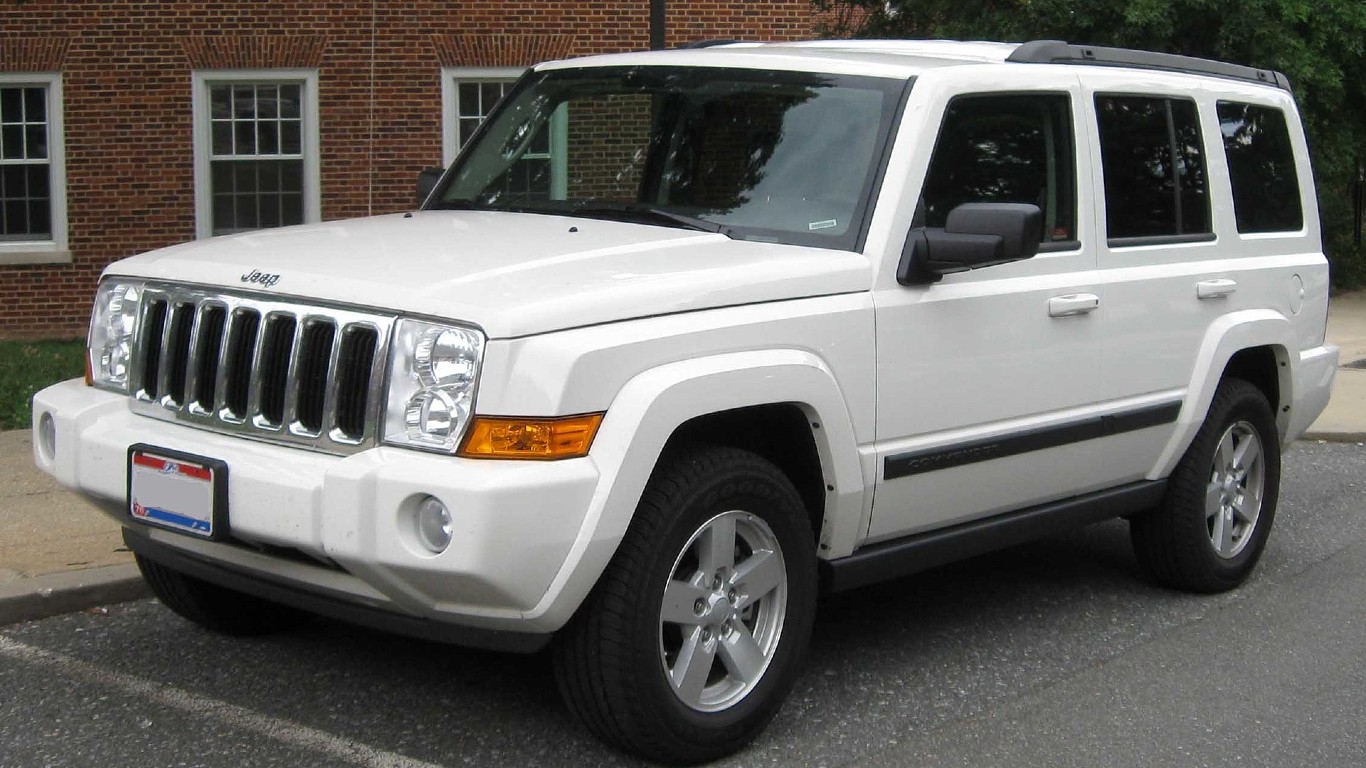
Commander
> Years: 2006-2010
The Jeep Commander, introduced in the 2006 model year, is slightly larger and boxier than its closest relative in the Jeep family, the Grand Cherokee. A three-row SUV, the Commander fit seven passengers. The Commander had a handful of quality issues with its electrical systems, transmission, roof, and more, and was discontinued after 2010.
In 20 Years, I Haven’t Seen A Cash Back Card This Good
After two decades of reviewing financial products I haven’t seen anything like this. Credit card companies are at war, handing out free rewards and benefits to win the best customers.
A good cash back card can be worth thousands of dollars a year in free money, not to mention other perks like travel, insurance, and access to fancy lounges.
Our top pick today pays up to 5% cash back, a $200 bonus on top, and $0 annual fee. Click here to apply before they stop offering rewards this generous.
Flywheel Publishing has partnered with CardRatings for our coverage of credit card products. Flywheel Publishing and CardRatings may receive a commission from card issuers.
Thank you for reading! Have some feedback for us?
Contact the 24/7 Wall St. editorial team.
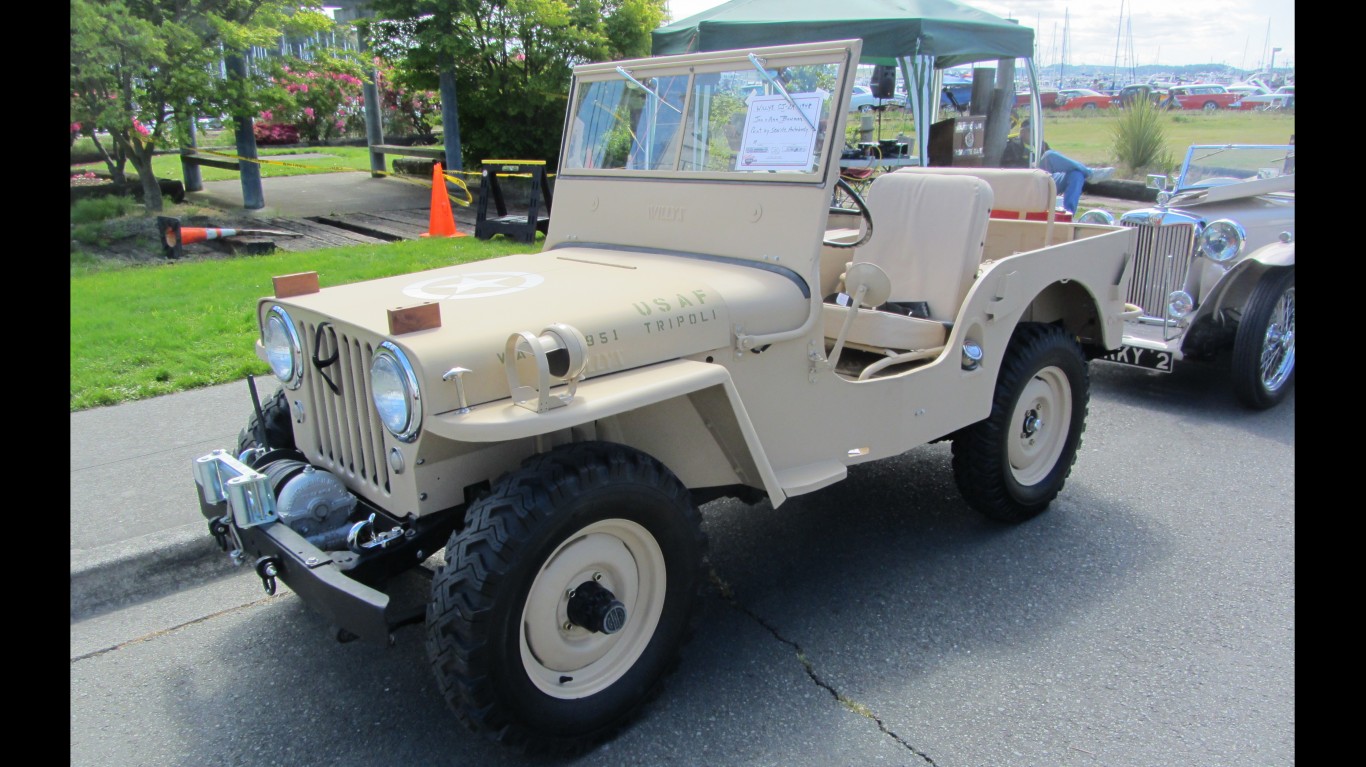
 24/7 Wall St.
24/7 Wall St.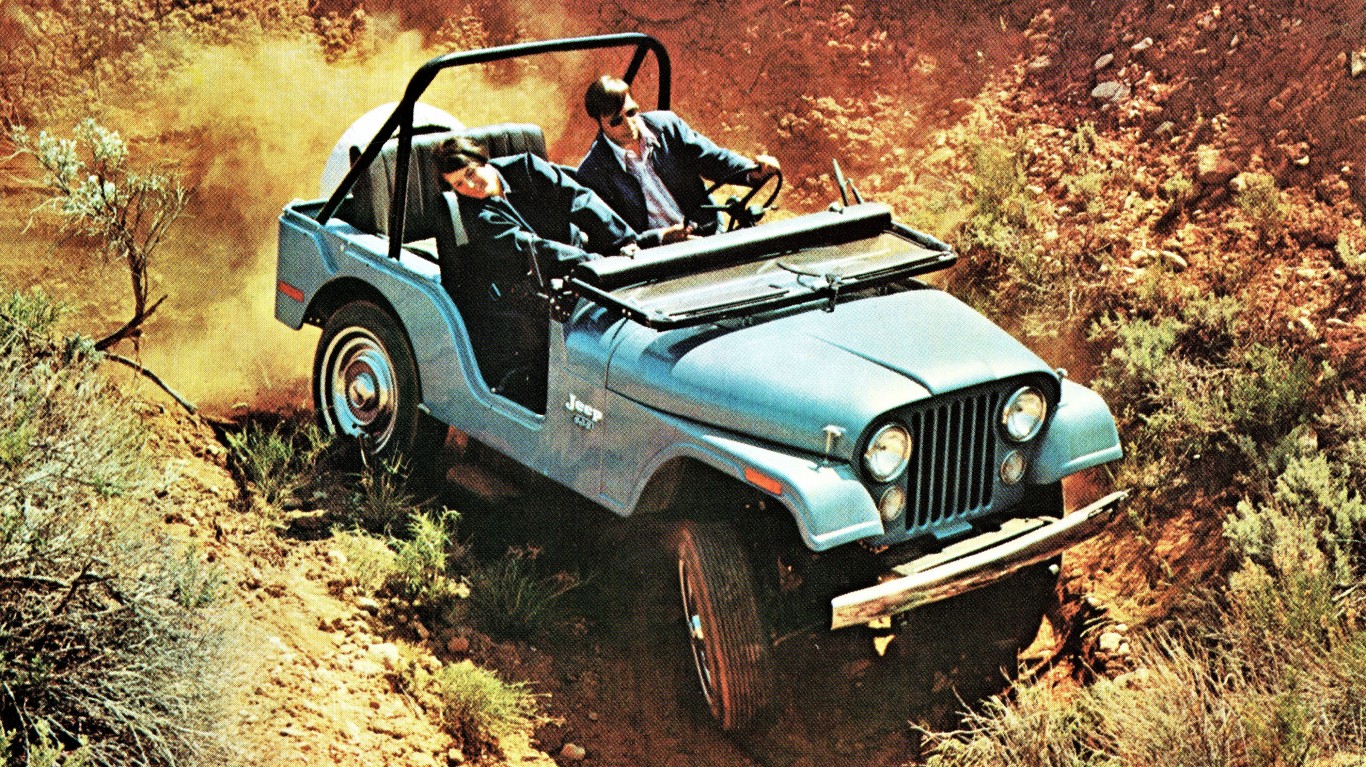
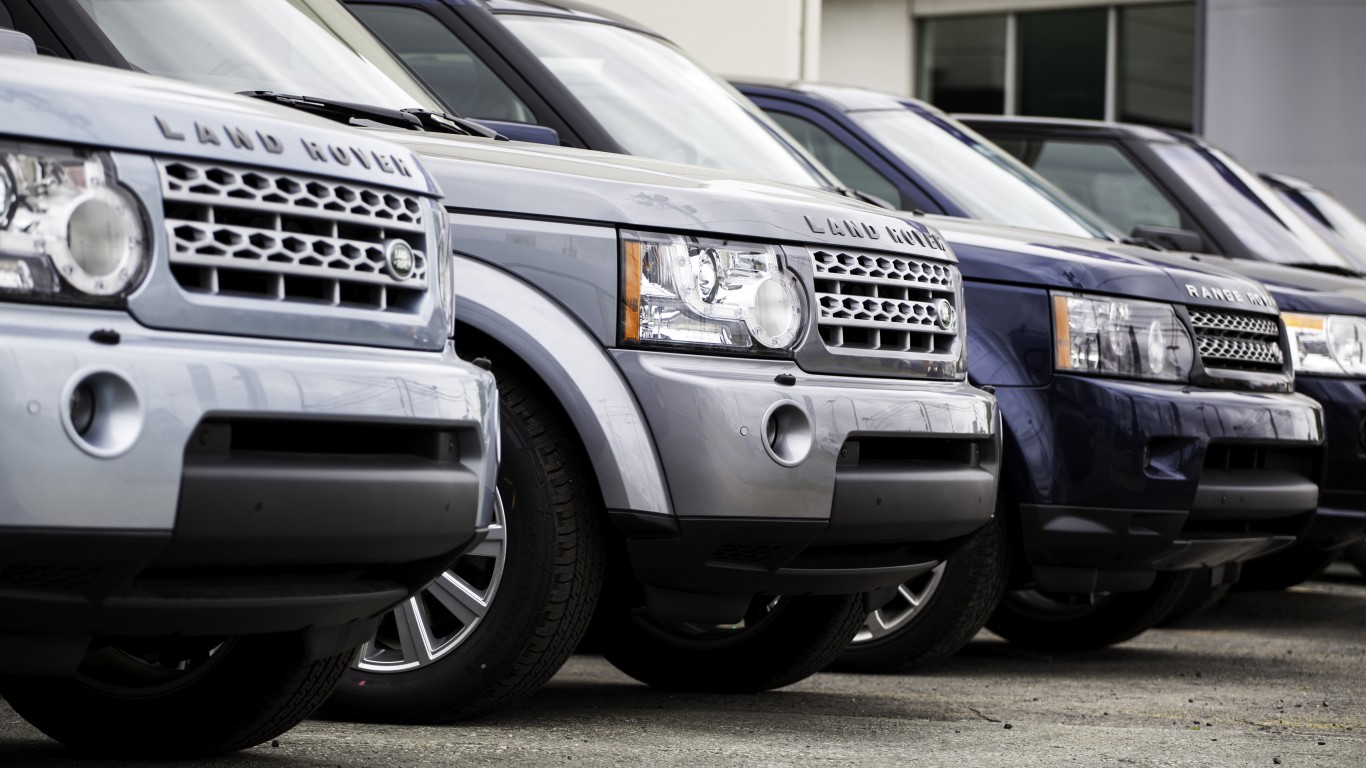 24/7 Wall St.
24/7 Wall St.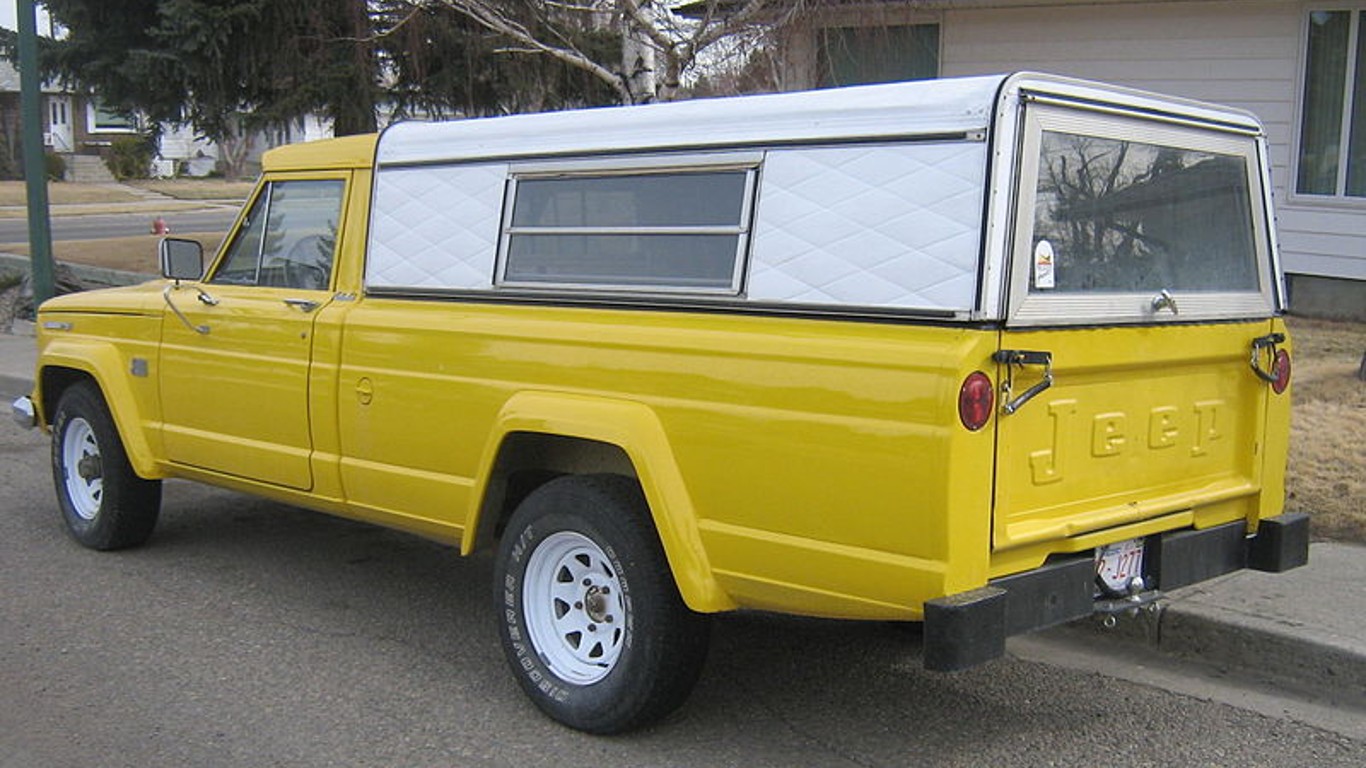
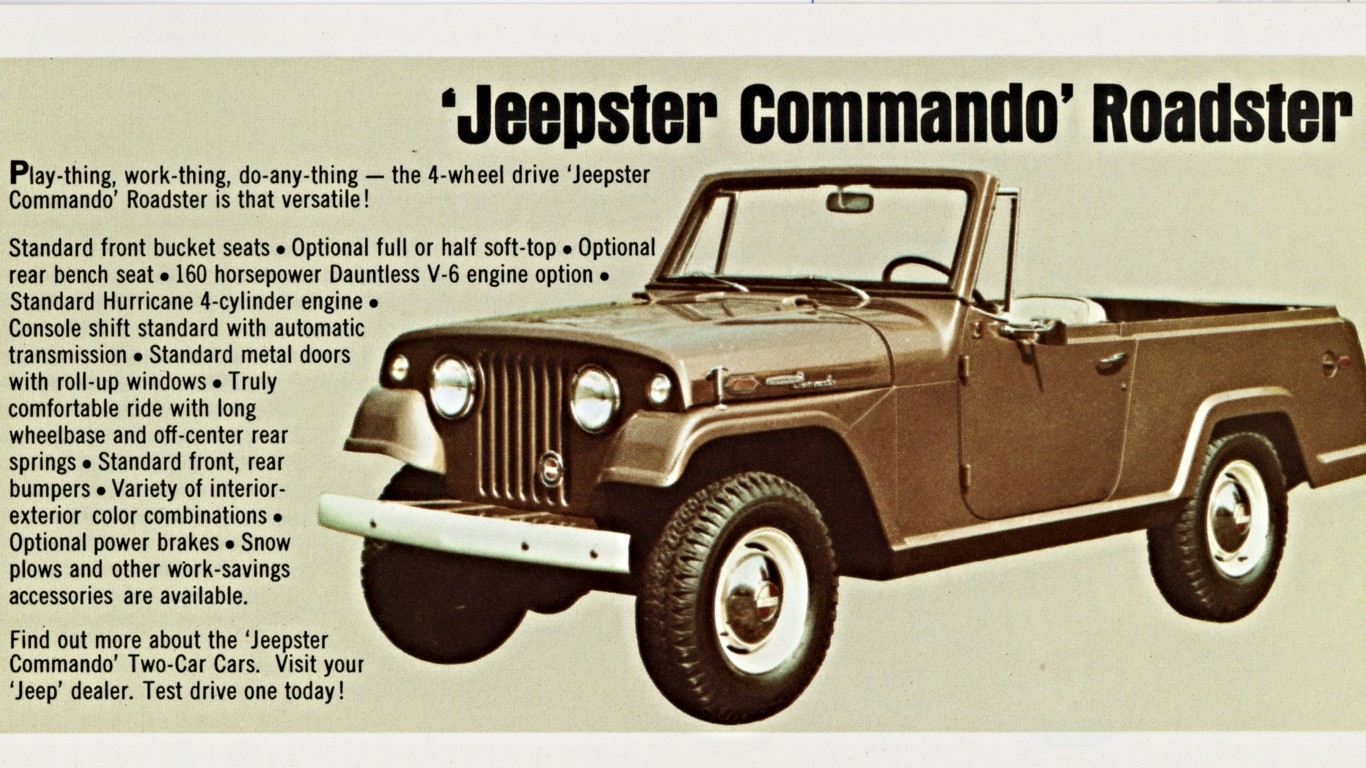
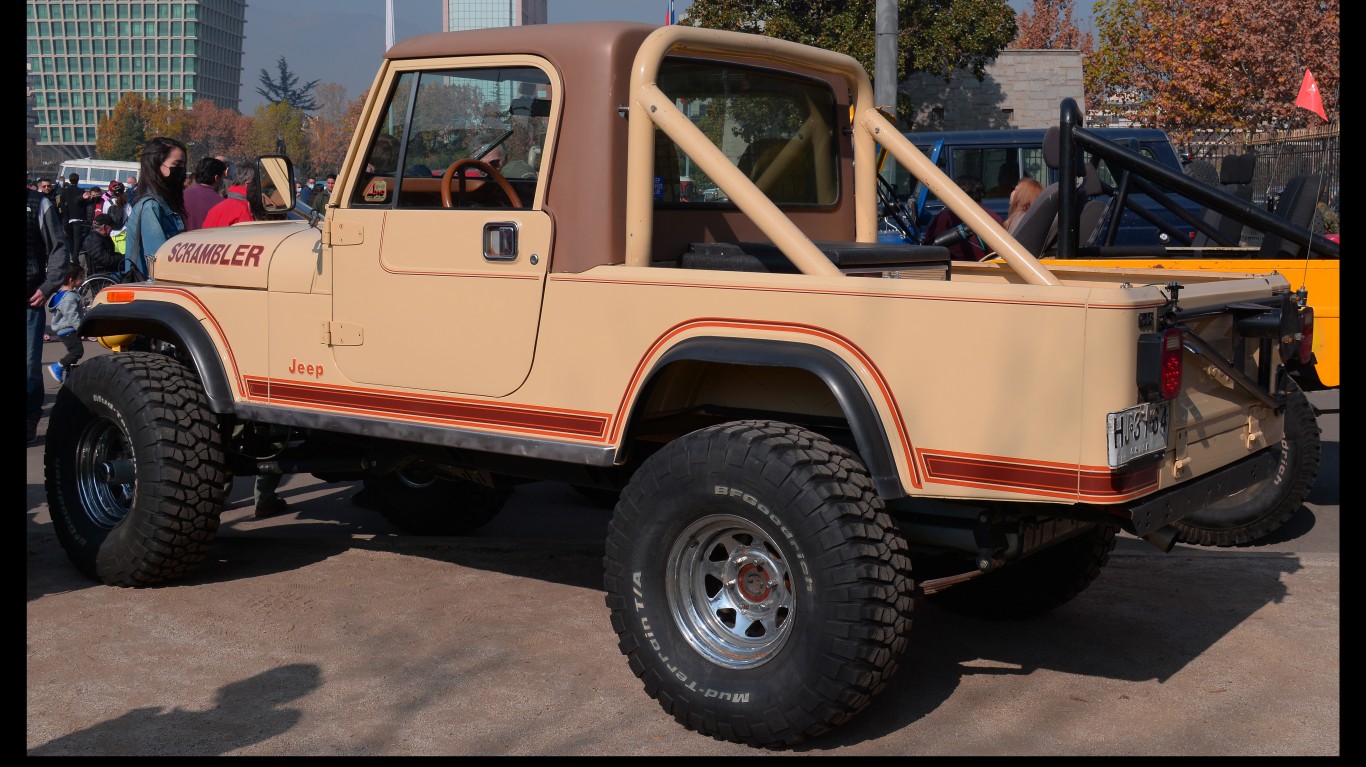
 24/7 Wall St.
24/7 Wall St.